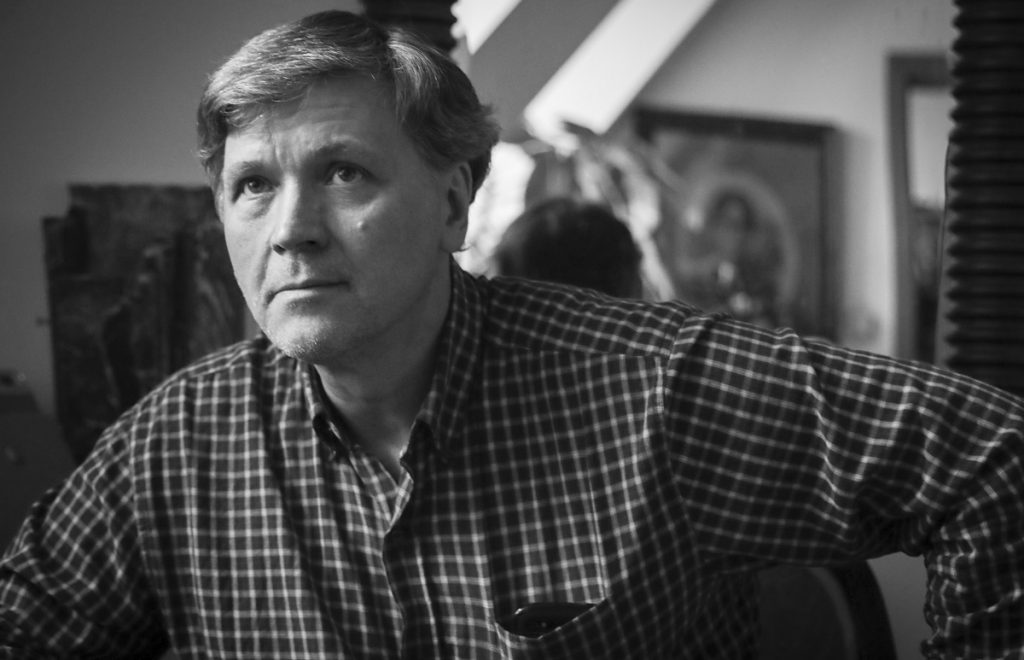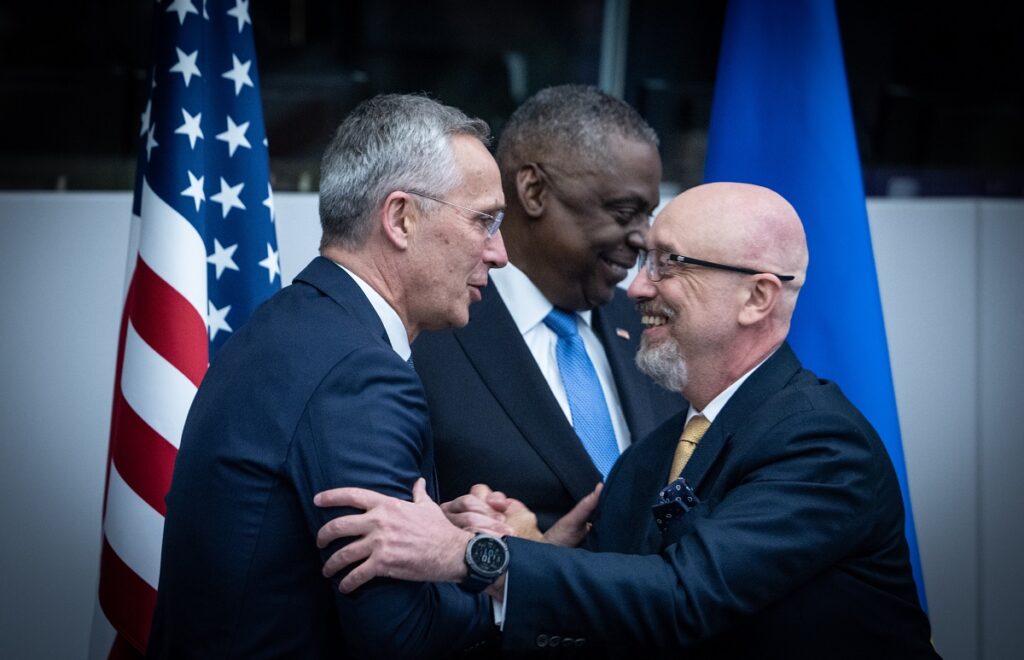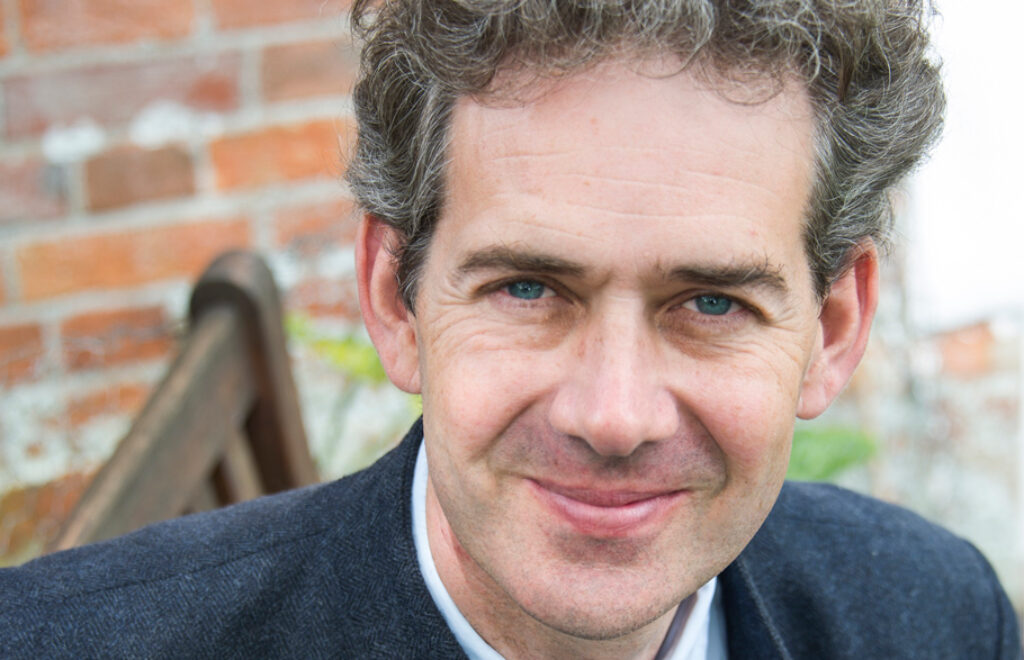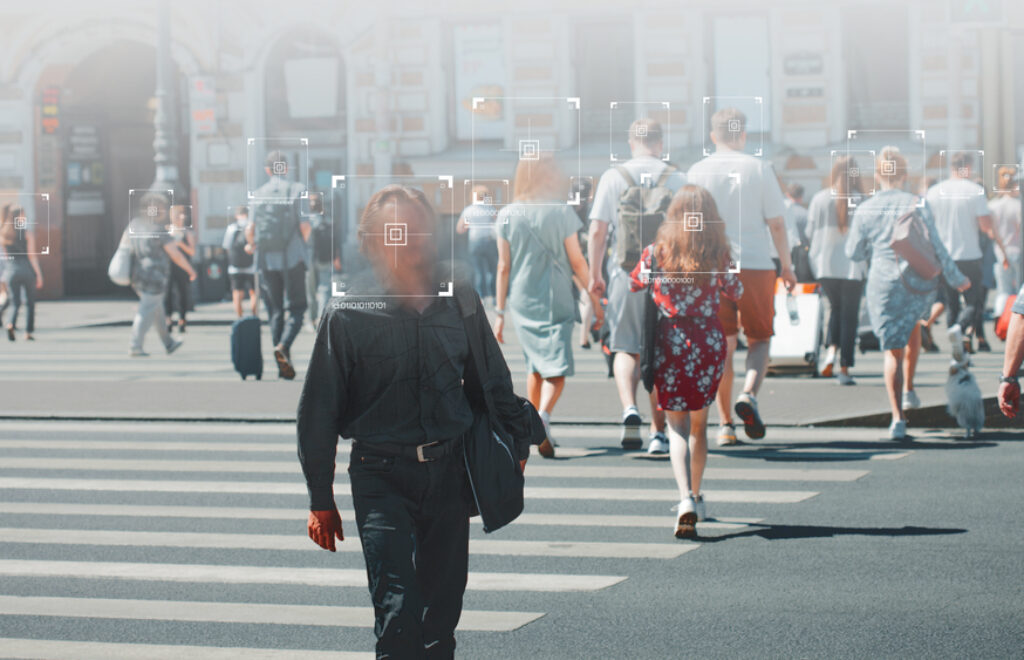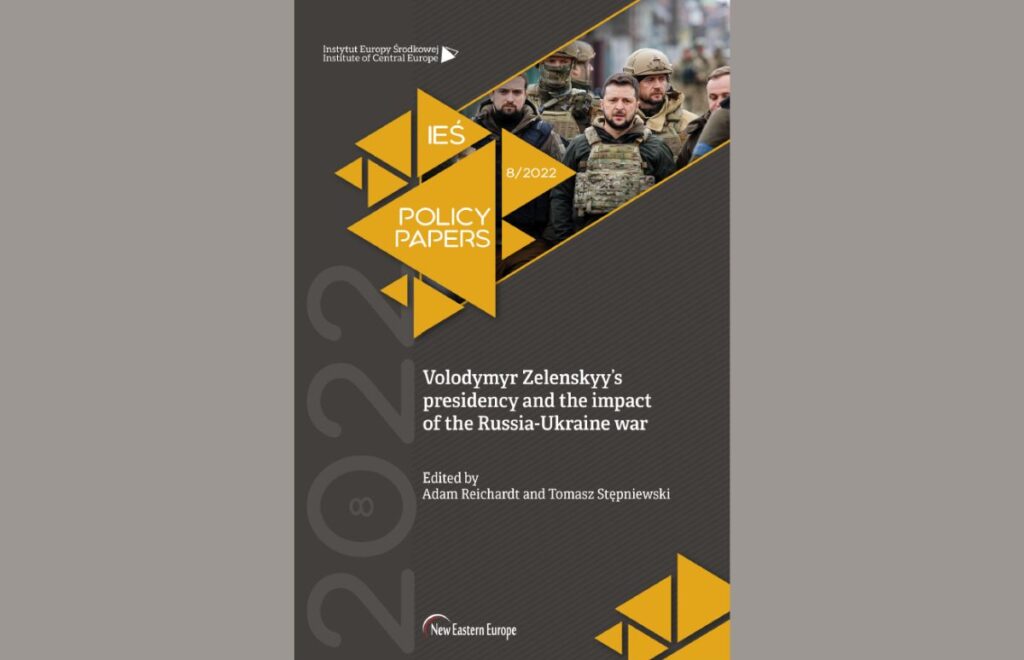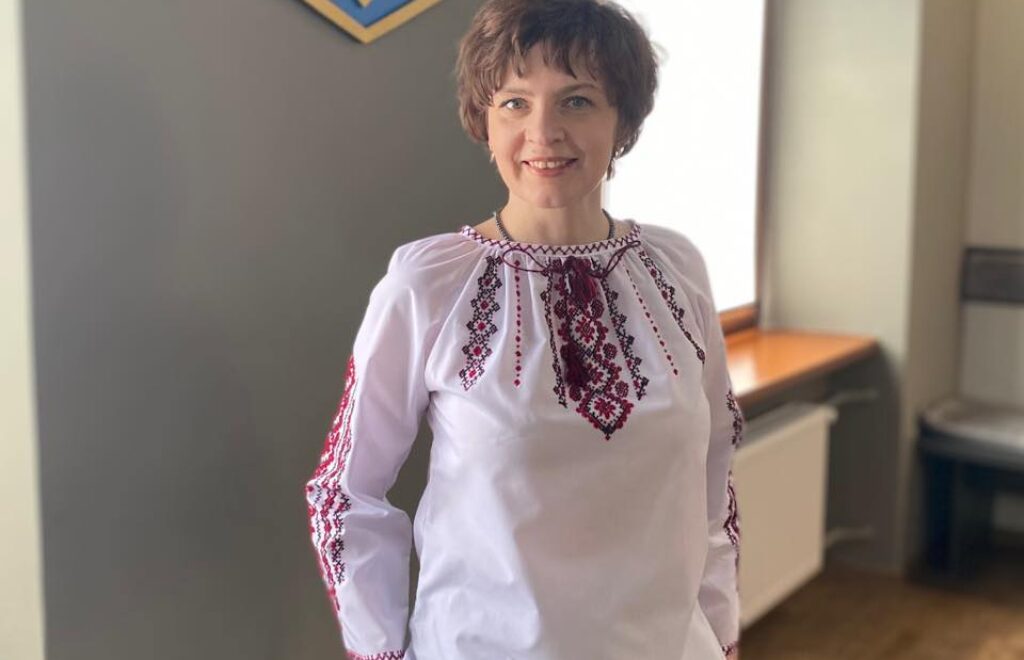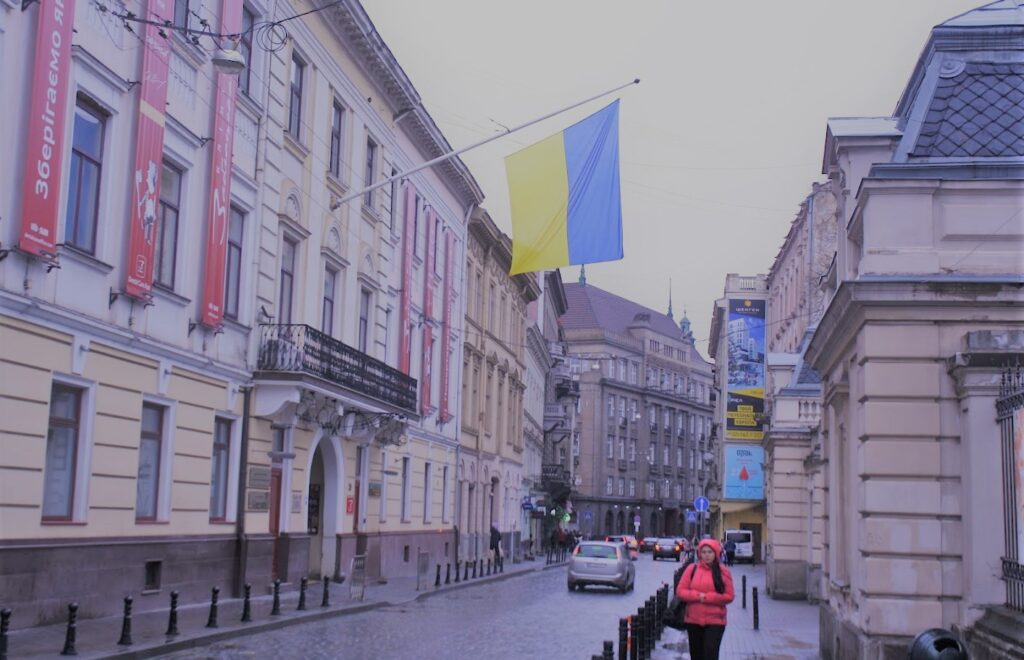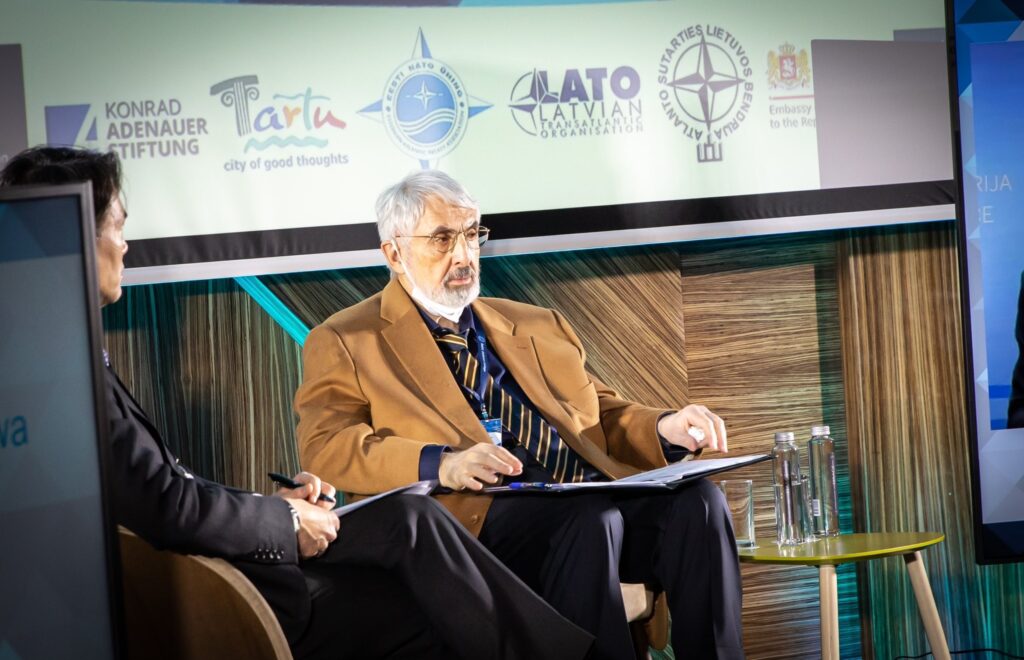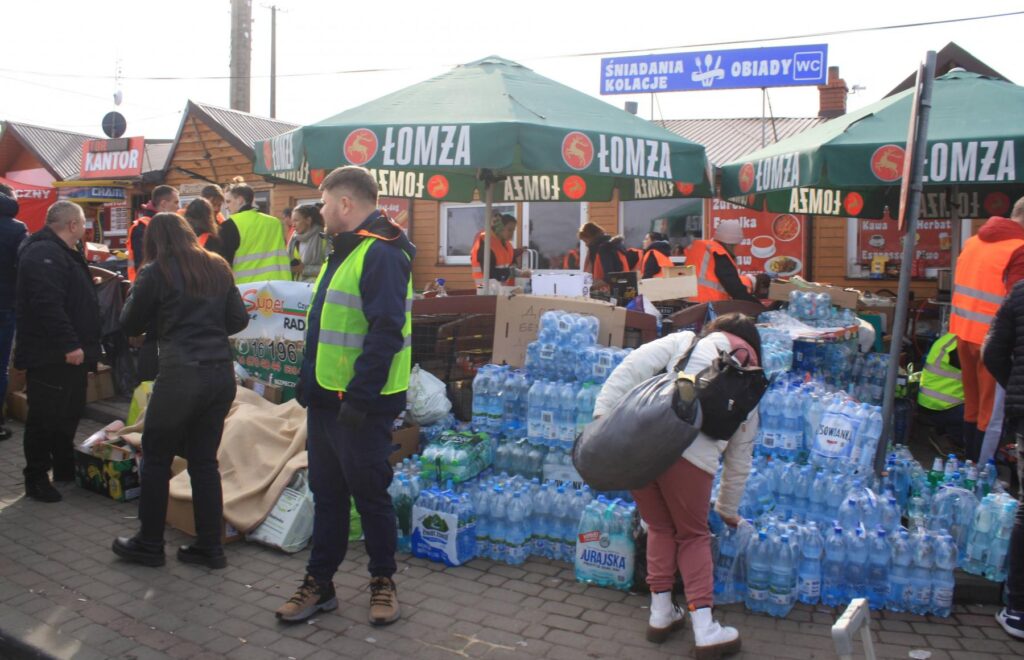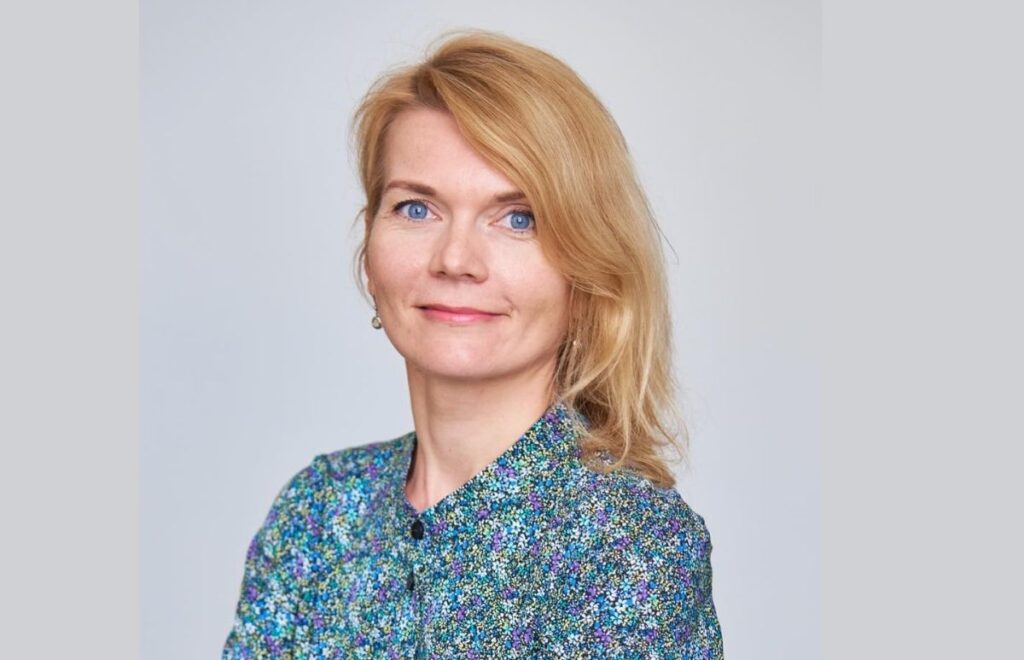Kundera’s warnings are still relevant today
ADAM REICHARDT: Despite the fact that Milan Kundera was a well-known writer with some ground-breaking books and essays, he was quite a private person. You knew him personally, how would you describe Kundera, as a person, writer and a colleague?
SAMUEL ABRAHÁM: True, he was a very private person, but whoever knew him, was struck by his humour and joie de vivre. He told us many funny stories about his beginnings in France, often making fun of himself and he managed to catch you in his web of jokes, if unguarded. Above all, it was an amazing picture to see him and his wife Věra, being so close and also intellectual peers and humorous.
September 11, 2023 - Adam Reichardt Samuel Abrahám


